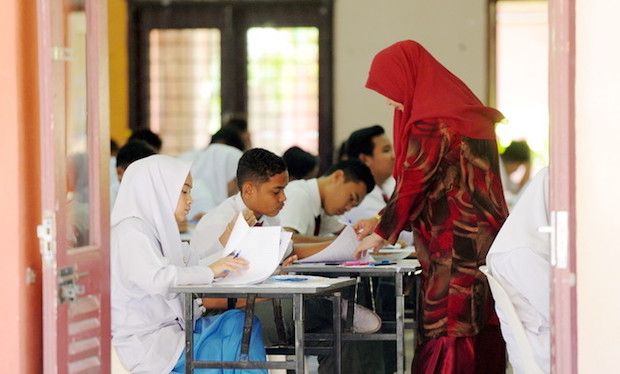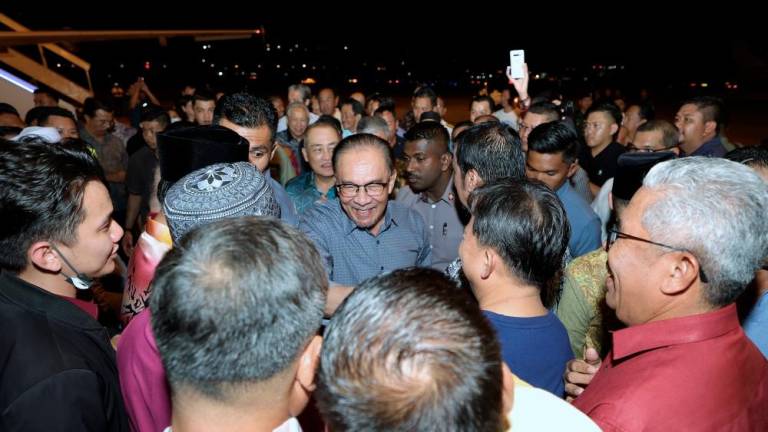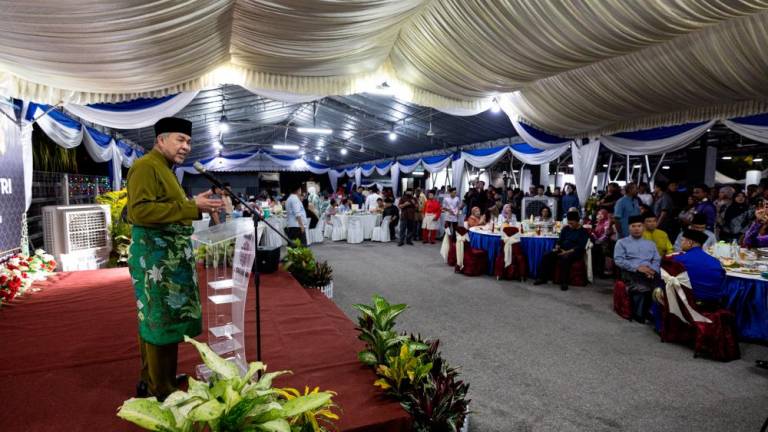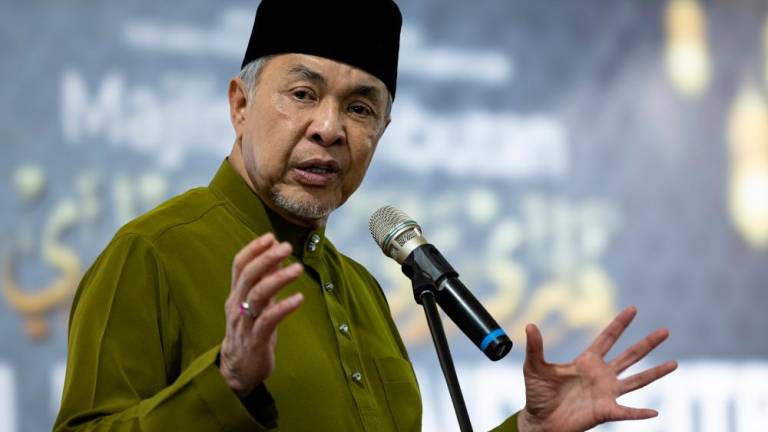KUALA LUMPUR: Malaysia should take a very programmatic attitude in improving its education system to prepare the younger generation to face socio-economic realities.
Senior Fellow at the S. Rajaratnam School of International Studies (RSIS), Nanyang Technological University (NTU), Singapore Dr Farish Ahmad Noor said in future the idea of fixed permanent careers was going to be a thing of the past due technological innovations.
“So entire disciplines such as accounting and engineering can be replaced by machines. Therefore, it is crucial to arm Malaysian students with resilience so that they can cope with difficult situations.
“I think it’s very important for us to look at other countries close to us and beyond to adapt their models as the nature of education is changing, because we realise that all patterns of work and careers are going to change very soon,” he told Bernama on the sidelines of the Institute of Strategic and International Studies (Isis) Praxis Conference 2019 here yesterday.
Earlier, in a concurrent session Farish shared his views on the topic of Technology, Human Capital, and Upskilling: The Malaysian Workforce Beyond 2020.
Explaining further, Farish said resilience could be taught through experiments, experiences and also through critical thinking and teaching logic and on how to analyse problems.
“I think at the moment, we are still attempting to deliver the fundamentals in reading and writing. But with resilience, it gives the capacity for students to adapt and change when they need to,” said Farish who has been teaching in Singapore for the past 10 years.
Meanwhile, International Islamic University Malaysia (IIUM)’s Rector Tan Sri Prof Emeritus Dzulkifli Abdul Razak said Malaysia should retrain its teachers from kindergarten right up to university on the aims and objectives of the National Educational Philosophy.
He said by analysing philosophy, educators could learn to transform their own teaching to ensure their subject matters involves the different domains.
“Education is about creating a balanced human being where you must have balanced intellectual, emotional, spiritual and physical capacity. All these four must go together.
“However there is a big lacuna in understanding philosophy especially on the emotional side, which you don’t see in our students nowadays. That is why you see a lot of depression, a lot of people are attempting suicide because they cannot cope,” he said.
Touching on upskilling, Dzulkifli said it is about the capacity of the person to answer the needs and challenges of the 21st century.
Thus the education system should not be compartmentalised and target only specific needs.
“Upskilling is about working using the hand, the heart and also the head. You must understand the 21st century, the world is so chaotic and you should engage with all to upgrade society.
“For me, this is what we call shared prosperity. I don’t have money to give but have the knowledge to share, therefore that would be my contribution to shared prosperity and people who receive this knowledge can also think of a way forward at the same time,” he said. — Bernama













